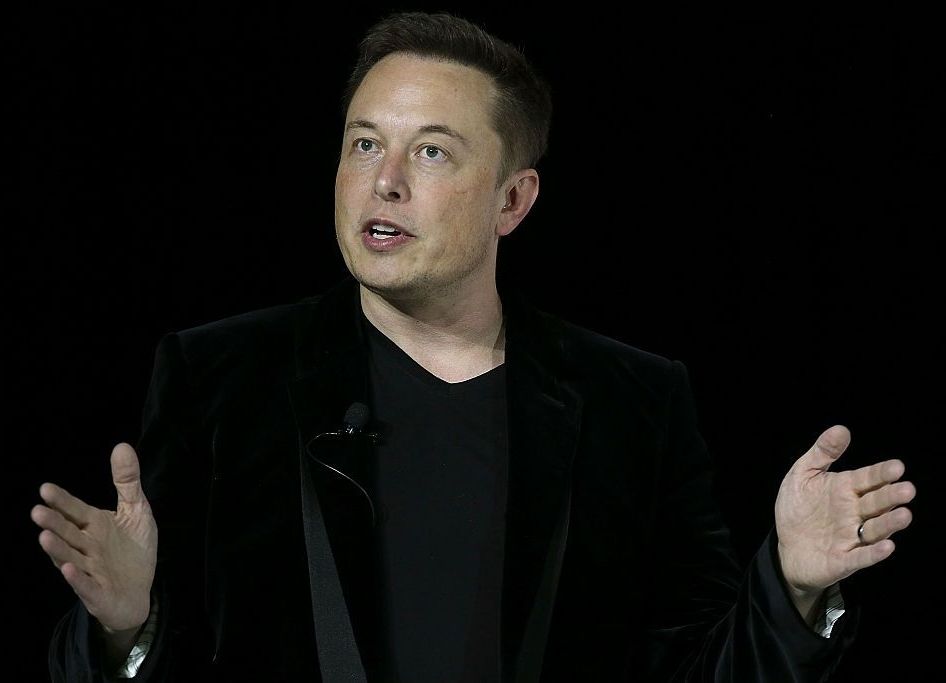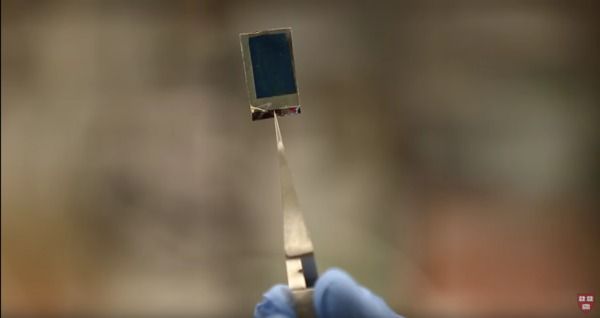A new story out on Engadget, emphasizing the need to make government treat science and technology as a primary focus:
Zoltan Istvan didn’t have much of a chance at being president, but that didn’t stop him from campaigning as the Transhumanist Party’s candidate to promote his pro-technology and science positions. Now, he’s setting his sights a bit lower, and with a different party. Istvan announced this morning that he plans to run for governor of California in 2018 under the Libertarian Party.
“We need leadership that is willing to use radical science, technology, and innovation—what California is famous for—to benefit us all,” he wrote in a Newsweek article. “We need someone with the nerve to risk the tremendous possibilities to save the environment through bioengineering, to end cancer by seeking a vaccine or a gene-editing solution for it, to embrace startups that will take California from the world’s 7th largest economy to maybe even the largest economy—bigger than the rest of America altogether.”
When we spoke to him in November, Istvan made it clear that he would be looking at the Libertarian Party if he were to run for president again. Not only does he identify as libertarian, he also saw the benefit of working with a more established political party, instead of starting one from the ground up.
“The most important thing I learned from my presidential campaign is that this is a team sport,” Istvan said in an email. “Without the proper managers, volunteers, spokespeople, and supporters, it’s really impossible to make a dent in an election. That’s part of the reason I joined the Libertarian Party for my governor run. They have tens of thousands of active supporters in California alone, so my election begins with real resources and infrastructure to draw upon. That’s a large difference from my Presidential campaign, where we essentially were shoe-stringing it the whole time.”






